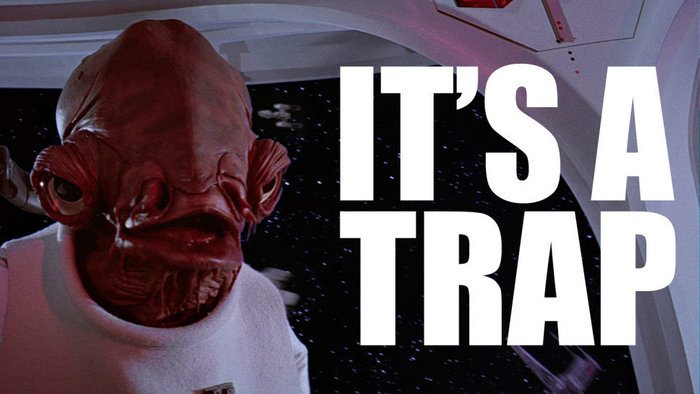The framework trap

When it comes to programming, frameworks are there to make your life easy. React, Vue, Larvel, Bootstrap, I can go on and on to list your favourite frameworks.
When it comes to web development, I love to use frameworks because,
- It helps me to follow best practises.
- Once I got used to a framework development becomes super easy and increases my productivity.
But, recently two things happened to me that question me about frameworks and how they can change or alter the way you think in programming.
The first occasion happened when I attempted a challenge to create a javascript todo app that fits inside a single tweet, AKA, I had to make a bare minimal todo app under 280 characters.
I tried so hard to complete the challenge in plain javascript, only to give up, and ended up using a framework because I thought it is not possible to do it in plain javascript. I even went on to write a post and even comment on HackerNews that it is not possible to do it in plain javascript, only to be proven wrong by many talented developers on HackerNews.
You can read more about that here
The second occasion happened to me when I was trying to make a simple HTML login page.
I’m used to using a CSS framework like Bootstrap or Bulma, and later modifying the CSS to fit my requirements, and even add more rules as I go along the way.
However, when it comes to the login page, I didn’t want to use a framework, because I don’t need all the unnecessary CSS rules, all I wanted to have two input boxes, some text and a button. So I decided to make a custom CSS file instead.
But it wasn’t simple as I initially thought, I have gotten used to using a css framework to a point I was too bored to write some basic CSS rules for the simple login page.
I wanted the instant snappy feeling. Add some classes box, and you are done, boom, you have a decent design in five minutes. But with heaps of unwanted, unused CSS rules polluting the page.
But that was not the case, I had to write some basic css in order to get things working, and it felt boring, and painful drag.
I call this the framework trap, you have gotten used to depending on a single framework so much, that you tend to forget the basics, or want to bypass the basics, or it has altered your thinking pattern like in the first instance, where I felt like there was no other way to solve the challenge other than using a framework.
I may have fallen to the trap of Vue, Bootstrap or Bulma, but think to yourself, replace my frameworks with React, Angular or some other framework, have you ever got caught in the framework trap?
No by this post, I don’t mean that you should not use any framework, and I will continue to use frameworks, and kudos to all the FOSS developers who make these awesome frameworks.
But don’t get caught in a framework trap, and know that there can be multiple solutions for a single problem.

Comments ()